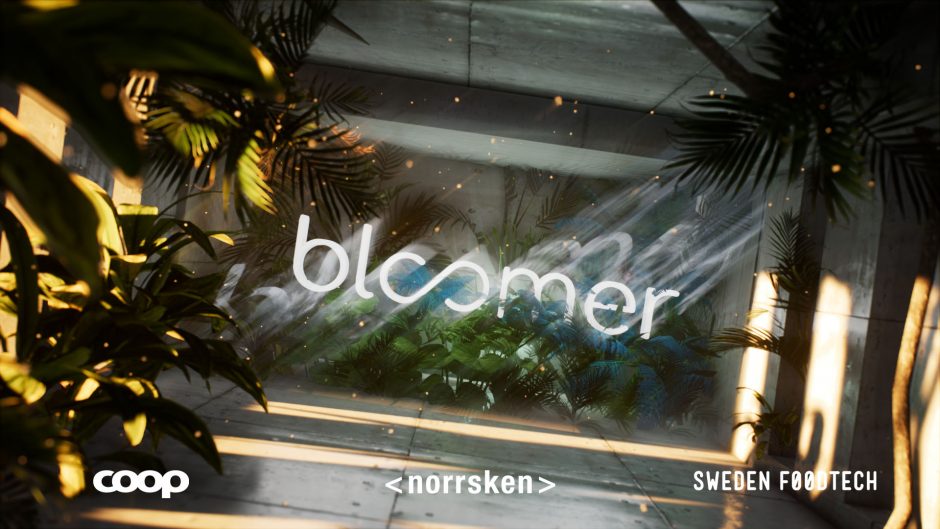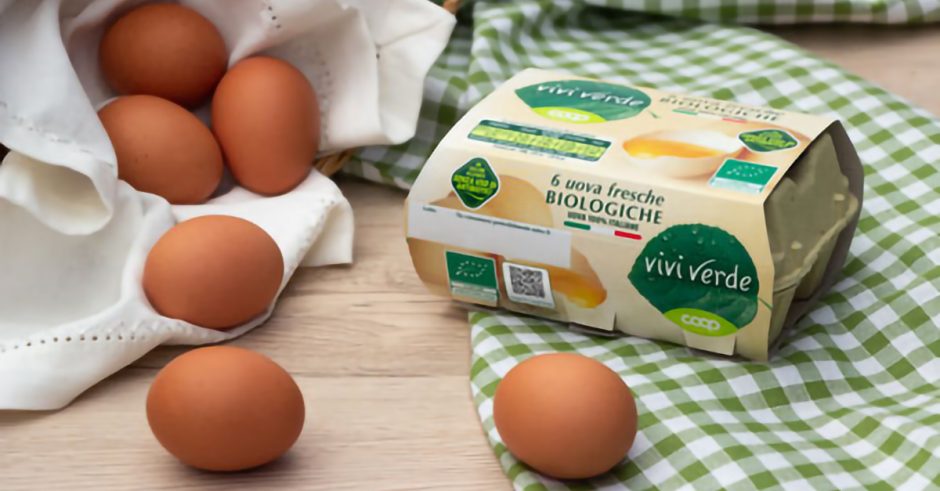Some of Europe’s largest retailers are funding tech projects to address the needs of customers. From joint ventures to discover and develop start-ups, to digital business opportunities, here are some examples from retailers in Sweden and Italy.
Coop Sweden
Retail innovation in Sweden does not begin and end with do-it-yourself furniture. As technology transforms the retail landscape, a Swedish co-op retailer is looking for new ways to make the most of the nation’s tech powerhouse status.
Dating back to 1918, Coop Sweden is today at the forefront of food retail innovation. In recent years, it has embarked on a digitisation mission with the aim of using tech to benefit its 3.5 million members.
New initiatives include using software to create better store offerings, based on local shopper requirements, in order to reduce waste.
In September Coop Sweden launched a new digital unit to develop the business opportunities through digitisation. It is also launching an innovation team.
Jessica Wolf, senior strategic business developer, says the retailer is driven by the vision to be “the force for good in the food sector”. This includes ensuring data and tech are optimised for people and the planet.
Coop Sweden realised early on that embarking on a digitisation journey required working in partnership with others, she adds. “We knew we could not innovate enough for consumers and our planet on our own. We needed to find a way of working together with others.
“As the proverb says, if you want to go fast, go alone. If you want to go far, go together. We really need to go far in order to reshape the food system in the extent we need to, in order to tackle the significant challenges we are all up against and contribute enough to save our planet. Hence we need to go together, we need to co-operate. That’s why we initiated the work to embrace more co-creation and open innovation.”
As part of this approach, Coop Sweden launched a tech innovation incubator, Bloomer, which targets food tech entrepreneurs who have developed a solution and want to test it on the market. Coop Sweden provides them with the capital, mentorship and platform to implement their innovation. They will also be able to access anonymous data from Coop Sweden members and customers.
The main partners on this project are Norrsken, a foundation which supports and invests in businesses that have a positive impact on society, and Sweden Foodtech, a consultancy firm working with foodtech start-ups.
“We do have a lot to offer in terms of our rich knowledge and data, our 817 stores and online channels – assets which could be very valuable for start-ups and other large companies and for innovating together with them,” says Ms Wolf. “I am proud that we do not only have assets which could help – we are helping others as well. That is what the innovation platform we have initiated is all about, and the Bloomer will be the first initiative aimed to prove this”.
Coop Sweden’s innovation team will not be driving the platform but will act as an enabler connecting the different players involved.
The retailer has allocated SEK 10m (£808,153) for the programme, which will select eight start-ups in its first year. Bloomer is not the first project of this kind in Sweden. In 2018 Ikea launched the start-up programme IKEA Bootcamp, a similar drive to find 20 growth stage start-ups and work with them.
“IKEA is another inspiring actor embracing open innovation for sustainability,” says Ms Wolf. The furniture business focuses more on earlier stage entrepreneurs who need help developing ideas, whereas Bloomer is looking for those who have already developed a solution, particularly start-ups providing technology that addresses the need for reducing waste and sustainable health.
Coop Sweden is keen to support other start-ups addressing global sustainability issues such as climate change, with solutions or servicesto minimising waste, nudge consumers towards more sustainable consumption, minimise carbon emissions or enable better soil-to-table traceability.
Applications are open until 14 February. Coop Sweden thinks the programme could not only help tech companies make a difference but also inspire colleagues and members.
Coop Italia
In Italy, retailer Coop Italia is partnering with tech start-ups. The largest supermarket chain in the country, Coop has been at the forefront of retail innovation for many years – notably through its “supermarket of the future” store at Bicocca University campus, which offers an innovative shopping experience with large interactive tables and real-time data screens that provide product information and personalise the customer visit.
Last year the retailer presented ShoppY, a virtual shopping assistant, which uses machine-learning algorithms to learn on its own, from shopping receipts, to give customers a helpful service.
To use it, customers simply need to like the Supermercato del Futuro Coop page and drop a message. The chatbot recognises if it has already had a conversation with the user.
Coop Italia is now exploring the use of blockchain to enable customers to trace the supply chain of products, starting with its eggs sold under its private-label brand, Coop Vivi Verde.
The initiative is the result of a partnership with IBM, which enables Coop Italia to implement ‘Hyperledger Fabric’ technology, a Linux Foundation framework hosted on IBM Cloud.
By scanning the QR code on the packaging, customers can find out more about the journey of the product, from farm to store. They can scan this in store or at home using www.coopchain.coop.it. Consumers can identify not only the territory from which the egg originates, but also the incubator where the hen was born. They can find out that the eggs were produced in full compliance with animal welfare requirements, never closed in a cage, and without the use of antibiotics.
The technology allows full transparency of the various actors in the Coop brand egg production chain, which involves a total of 2 million hens producing more than 200 million eggs a year.
In July Coop Italia asked 1,000 customers who had tested the feature what they thought it. All those who used the QR Code expressed very high levels of satisfaction and interest, both for the scanning test done in the shop and at home. Around 83% of the sample said they had been incentivised to buy the product again.
“Applying blockchain to the egg supply chain is a further step forward in a path of transparency that distinguishes Coop brand products, and also demonstrates best practices related to eggs,” says Chiara Faenza, responsible for the values of sustainability and innovation at Coop Italia. “For the commitment shown on this supply chain, Coop obtained in 2010 an international recognition from Compassion in World Farming.”
Stefania Asti, consumer industry leader at IBM Italy, adds: “The very nature of the blockchain, and the intrinsic trust it offers, is an ideal platform from which to build a network for food transparency.
“Built on open standards, it is also a platform for innovation and collaboration, which brings together different professionals with the common goal of building consumer confidence.
“The egg chain developed with Coop Italia is a great example of how blockchain can better inform consumers about the food they choose, buy and eat, and demonstrate transparency along the whole chain.”



